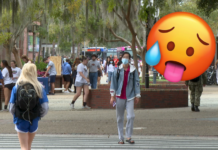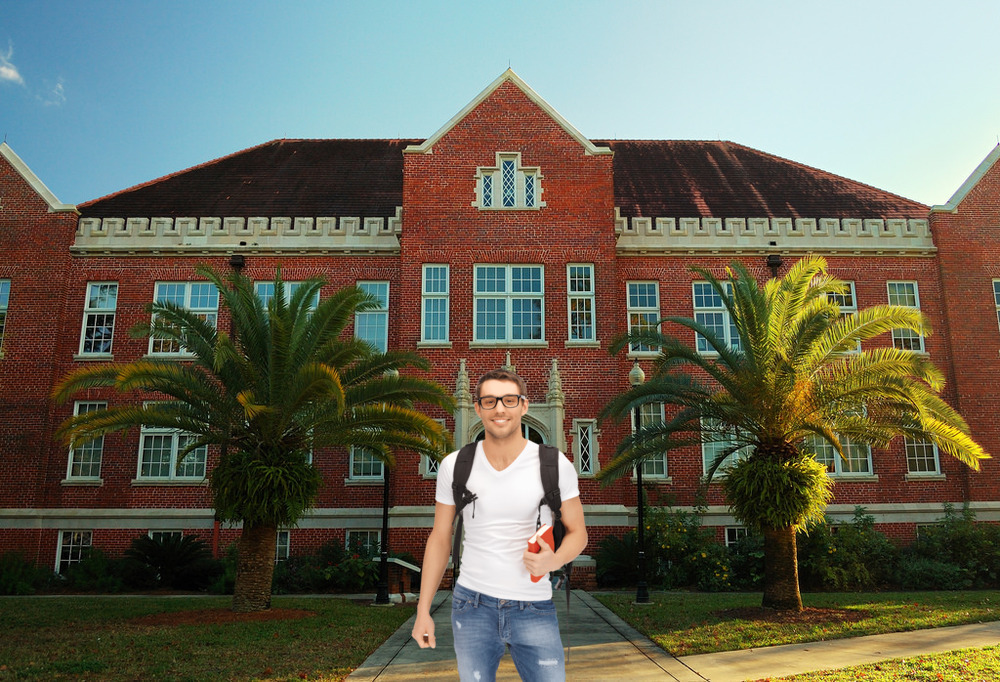Freshman political science major Tommy Nutmeg made a shocking discovery last Tuesday. After turning in his midterm and stepping out of the stuffy Keene-Flint hall classroom, he realized he should have purchased the textbook. The exam consisted of three essay questions, all of which relied on textbook readings to be answered.
“When I looked down and saw question 1 starting with ‘based on the reading,’ I knew I was done,”
Nutmeg explained.
“The book was called ‘The History of Coal-Mining’ and it was $19.99. I thought it was a given that I wouldn’t actually read it.”
This exam, however, was Nutmeg’s wakeup call. He immediately went on Amazon and purchased a used copy of the book for $4.50 (including shipping). However, Nutmeg said he wants to clearly express that just because he is purchasing the textbook does not guarantee that he will open it before the final exam.
“I would be lying if I said I wasn’t used to this kind of thing from students,”
Said Nutmeg’s professor, Ansel Serpen.
“It’s hilarious seeing the looks on their faces when the first question on an exam refers directly to the texts.”
Since Nutmeg’s harrowing announcement, a plethora of students, both in the department and out, have crawled out of the woodwork to make similar claims.
“When my teacher assigned a midterm essay based entirely on the textbook reading, I knew I was screwed,”
Explained Sheena Cheesos, a sophomore mathematics major.
“Since when do professors actually care if you crack open their book?”
The unwillingness of students to read the textbook has hurt their grades, but more importantly, has hurt the sales numbers of the UF bookstore. Reports indicate that professors have been unable to sell any real quantities of their books after the 35th revision, a troubling figure for staff. Dr. Nuragami, sales research analyst at the bookstore said that they are certain this new low has some kind of correlation with the “Internet and The Facebook.” Dr. Nuragami was adamant that they could recapture sales next semester and left us with a closing statement:
“Wherever these students are getting their information from, it’s not us, and that’s a problem.”






